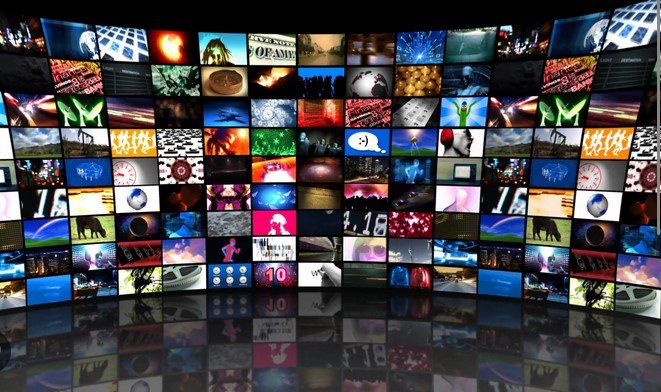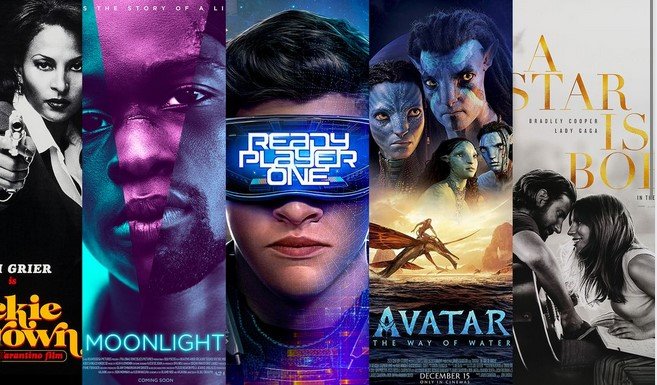Podcasting has become a dominant force in modern entertainment. What once started as a niche hobby has now grown into a mainstream form of media. With millions of podcasts available on various platforms, people are tuning in more than ever. In this post, we will explore how podcasting has risen in popularity and its impact on entertainment, culture, and communication.

Accessibility and Convenience
One of the key reasons podcasting has flourished is its accessibility and convenience. People can listen to podcasts at any time, whether they are commuting, exercising, or relaxing at home. Podcasts are available on various platforms such as Apple Podcasts, Spotify, and Google Podcasts, making it easy for listeners to find and subscribe to their favorite shows. The ability to listen on-demand allows individuals to consume content in a way that fits their busy lifestyles, which traditional media formats like TV or radio cannot offer.
Expanding Genres and Diverse Content
The rise of podcasting has led to a wide variety of genres and content options. From true crime and comedy to business advice and health tips, there is a podcast for every interest. This diversity has attracted listeners from all walks of life, creating a broad audience base. Podcasts allow creators to explore niche topics that would not typically be covered in mainstream media, offering in-depth discussions and unique perspectives. As a result, podcasting has opened the door for new voices, topics, and storytelling techniques in entertainment.
Democratization of Media
Podcasting has democratized media in a way that few other platforms have. Unlike traditional broadcasting, anyone with a microphone and an internet connection can create a podcast. This has led to an explosion of independent creators and small businesses using podcasts to reach their audience. Additionally, podcasting has allowed marginalized voices and underrepresented groups to share their stories and opinions. By lowering the barrier to entry, podcasting has created a more inclusive media landscape, giving a platform to diverse creators from around the world.
Strong Community Engagement
One of the unique aspects of podcasting is its ability to foster a strong sense of community. Many podcasts have loyal listener bases who engage with the hosts and each other through social media, forums, or live events. This community aspect has turned some podcasts into cultural phenomena, where fans not only listen but actively participate. Listeners may submit questions, suggest topics, or even join exclusive Patreon communities to get more involved with their favorite shows. This level of engagement helps build a deeper connection between hosts and listeners, creating a sense of belonging and shared experience.
Podcasting and Monetization
As podcasting grows, monetization has become a key focus for creators and advertisers. Brands are increasingly partnering with popular podcasts for advertisements, product placements, and sponsorships. Additionally, many podcasts have embraced listener support through subscription models, like Patreon, where fans can access bonus content in exchange for a monthly fee. The rise of podcasting networks and advertising agencies has also made it easier for creators to generate revenue and grow their shows. With its expanding audience and diverse monetization options, podcasting has become a profitable venture for both independent creators and established media companies.
Conclusion
Podcasting has firmly established itself as a significant part of modern entertainment. Its accessibility, diversity, and ability to foster community engagement have contributed to its rapid growth. With new genres, independent creators, and innovative monetization strategies, podcasting is reshaping the entertainment landscape. As this medium continues to evolve, it’s clear that podcasting will remain an influential and integral part of our digital culture for years to come.











